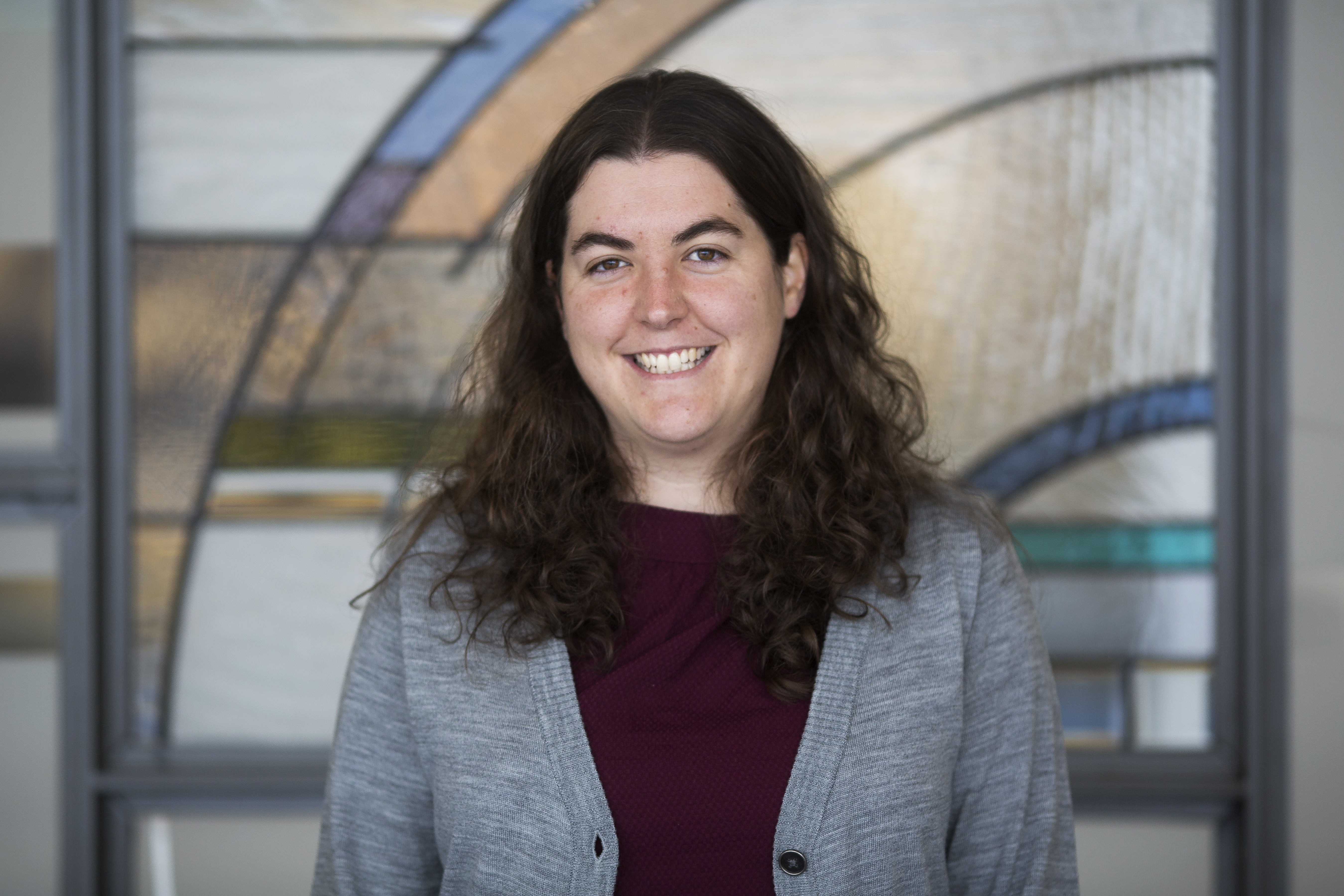Energy Expert on Working Toward a Better Power Grid
-
-
Slice of MIT
Filed Under
Recommended

Like the journey of electrons through the electrical grid she studies, the career path for Johanna Mathieu ’04 has not been linear. “I didn’t plan to be a professor. And I didn’t study electrical engineering,” says Mathieu, an associate professor of electrical and computer engineering at the University of Michigan and winner of the 2024 Clean Energy, Education, and Empowerment (C3E) Initiative Fundamental & Applied Research Award. “I simply decided to make the best of any opportunity that came my way.”
Raised in Lewiston, Maine, Mathieu’s nonlinear trajectory gained momentum at MIT. “I wanted to take a course in every department,” recalls Mathieu, who majored in ocean engineering at MIT and helped develop a machine that harvested energy from waves on the Charles River for her senior capstone project. “And I came very close. I was also exposed to people who were working in developing countries. From that I knew I wanted to do something that had a social impact.”
Following a stint teaching math and physics in Tanzania with the Peace Corps, Mathieu enrolled in a PhD program in mechanical engineering at the University of California, Berkeley, receiving her degree in 2012. “I went into that program with an open mind,” she recalls. “I knew I was more drawn towards algorithms, coding, modeling, and math rather than to science. And that I wanted my work to make a difference. After a few other projects, I started thinking more seriously about moving into energy.”
Mathieu soon found her calling: the electrical grid. She began to study demand response: how buildings and loads—the components of the grid that consume power—can respond to the grid. “I looked at how can we aggregate and coordinate all these loads to maintain the flow of electricity at peak times,” she explains. “How can we integrate renewables like wind and solar, which fluctuate with the weather, without interrupting supply? How can we ensure that underserved communities have access to reliable and affordable energy? There was math, modeling, engineering, and social impact. For me, it was a perfect match.”
Completing her PhD with a dissertation on demand response analysis, modeling, and control, Mathieu traveled to Zurich for a postdoctoral program at the Power Systems Laboratory at ETH Zurich. She joined the faculty at the University of Michigan in January 2014. Her current research ranges from studying the interface between water and power distribution networks to enabling the operation of future grids using new control theory tools to modulating the settings on air conditioners to facilitate the integration of renewables into the grid. “Wind and solar are by nature variable,” she explains. “If we could slightly increase and decrease temperature settings in buildings across a neighborhood or a state, only for short periods of time every five or ten minutes, we can create a virtual battery, modulating consumption and balancing supply as renewables fluctuate.”
In addition to her work on the electrical grid, Mathieu and her faculty colleagues also partner with community organizations in Detroit to help residents reduce their energy burden. “Some people in Detroit spend 30 percent of their income on energy,” she explains. “Many can’t afford sufficient heating and cooling to stay comfortable throughout the year. We work with them to help reduce costs and consumption. As the engineers on this project, we collect and analyze data—we submeter homes to analyze the consumption of individual appliances. And from this data we can make better recommendations to individuals. Sort of like the way Netflix recommends movies to you.”







